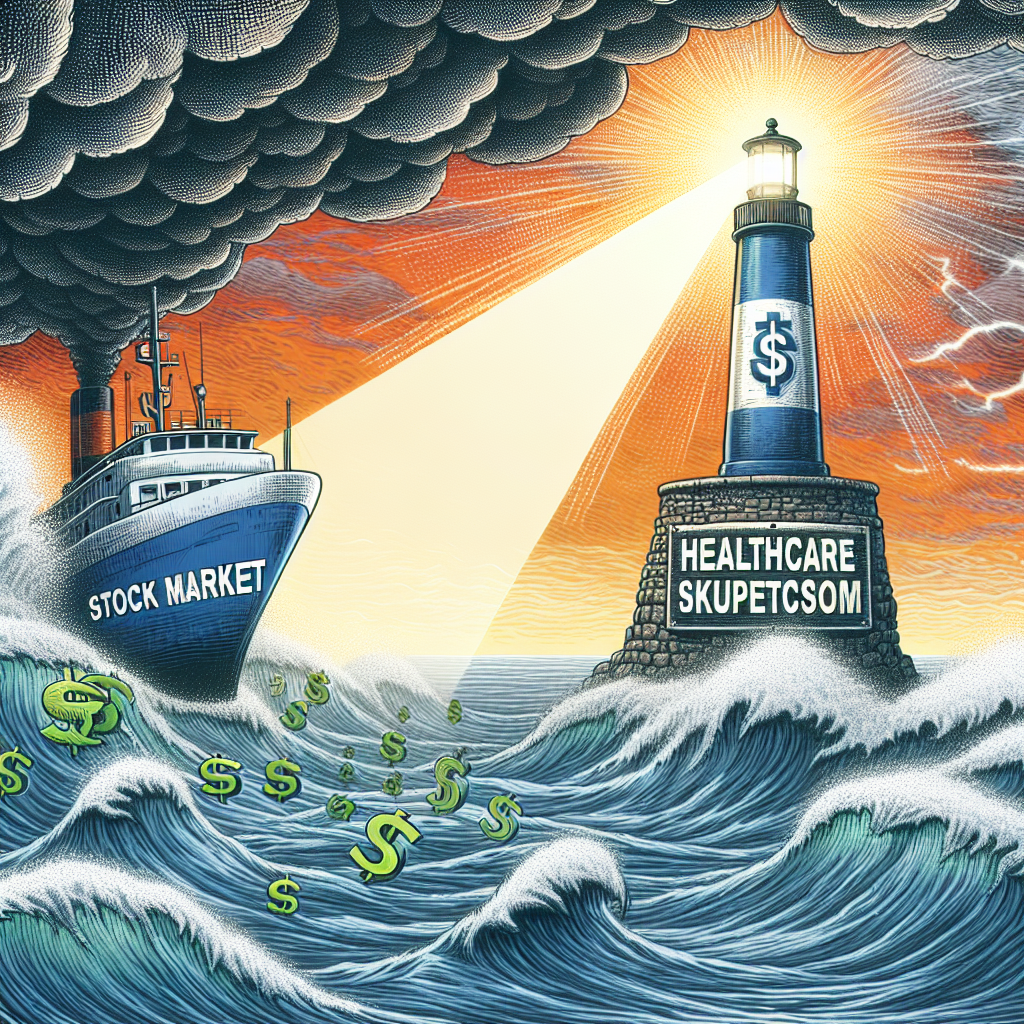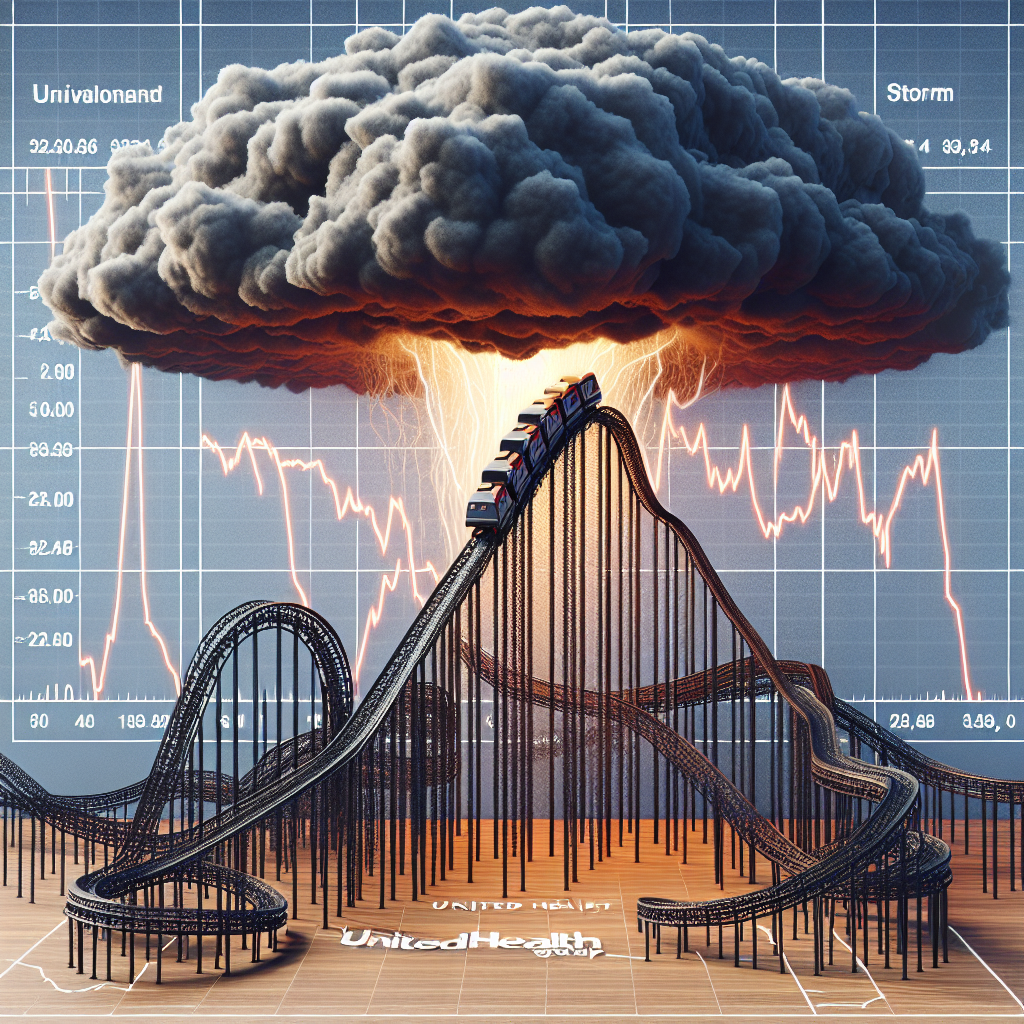Wall Street Analysts Criticize RFK Jr.’s Role at HHS Amid Vaccine Skepticism
In a surprising departure from the norm, Wall Street analysts have voiced pointed criticism regarding Robert F. Kennedy Jr.’s position as secretary of the Department of Health and Human Services (HHS). Analysts from Cantor Fitzgerald have explicitly called for the Trump administration to “re-evaluate” Kennedy’s role, citing concerns that his “apparent anti-science and libertarian agenda” pose a significant threat to public health.
The Context of the Criticism
This critique comes in the wake of recent upheavals within the Food and Drug Administration (FDA), particularly after the resignation of Peter Marks, the FDA’s main vaccine regulator. Marks highlighted that he clashed with Kennedy over the latter’s demands for “subservient confirmation” of what Marks referred to as “misinformation and lies.” In their research note, Cantor analysts Josh Schimmer and Eric Schmidt expressed their concern that Kennedy is steering the public health narrative into “dangerous territory” due to his unsupported views on vaccines.
Heightened Stakes in Public Health
The analysts noted that their concerns extend beyond political and financial realms, focusing squarely on public health issues, especially given the recent uptick in measles cases linked to vaccine skepticism. They asserted, “Pushing out one of the most trusted leaders of the FDA to promote an anti-science agenda is a step too far for us.” Their plain-spoken remarks reflect a growing alarm among health officials about the implications of skepticism and misinformation surrounding vaccines.
Impact on Vaccine-Related Stocks
The sudden upheaval at the FDA had a direct impact on vaccine-related stocks, which took a noticeable downturn following Marks’ resignation announcement. Major players such as Moderna Inc. (MRNA) witnessed an 8.9% decline, while Novavax’s (NVAX) stock fell by 8.4%. Analysts at Truist indicated that anticipatory volatility among companies with vaccine interests is expected to persist as investors digest the potential implications.
Fears of a Shift in FDA Leadership
With Marks’ departure, concerns about the next FDA leadership arise. Analysts such as those at Stifel emphasized that Marks’ commitment to transparency and cautious approval of new drug applications was a cornerstone of biopharma investor confidence. They identified his resignation as potentially alarming for biotech investors amid fears that a replacement could align more closely with Kennedy’s vaccine rhetoric, casting doubt on future regulatory actions.
The Broader Market Implications
As these developments unfold, market jitters are heightened by President Donald Trump’s strategies aimed at reshaping global trade and cutting government spending. In this tense atmosphere, approximately 1,900 scientists have also echoed their concerns about the state of public health, indicating a critical moment for biomedical discourse.
Analysts’ Perspectives on Future Trends
The stark divide in the narratives around vaccines and public health emphasizes a pressing need for coherent communication strategies in the biotech sector. The Cantor analysts emphasized that while they regret RFK Jr.’s role in HHS, the move reflects a broader clash between established scientific consensus and emerging anti-science sentiments, which could have cascading effects on public trust in vaccines.
In this ever-evolving landscape, the trajectory of biotech investments might hinge on which narratives gain traction in the public sphere. As vaccine skepticism continues to thrive, the regulatory environment under Trump’s administration could drastically alter the pace and direction of biotech innovation.
The fallout from Marks’ resignation and RFK Jr.’s controversial approach underlines the necessity for investors to stay vigilant and informed, analyzing not just stock performances but also the broader trends that shape the regulatory and scientific landscape of the pharmaceutical industry.
Conclusion
To sum up, the current dynamics within the HHS, fueled by RFK Jr.’s controversial stance on vaccines, are contributing to market volatility and raising significant concerns over public health policies. Investors in the pharmaceutical sector must acknowledge these developments and their potential implications for both stock performance and the broader landscape of medical innovation. As history suggests, the intersection of politics and science can yield significant consequences, and astute investors will remain keenly aware of these ongoing shifts.
















